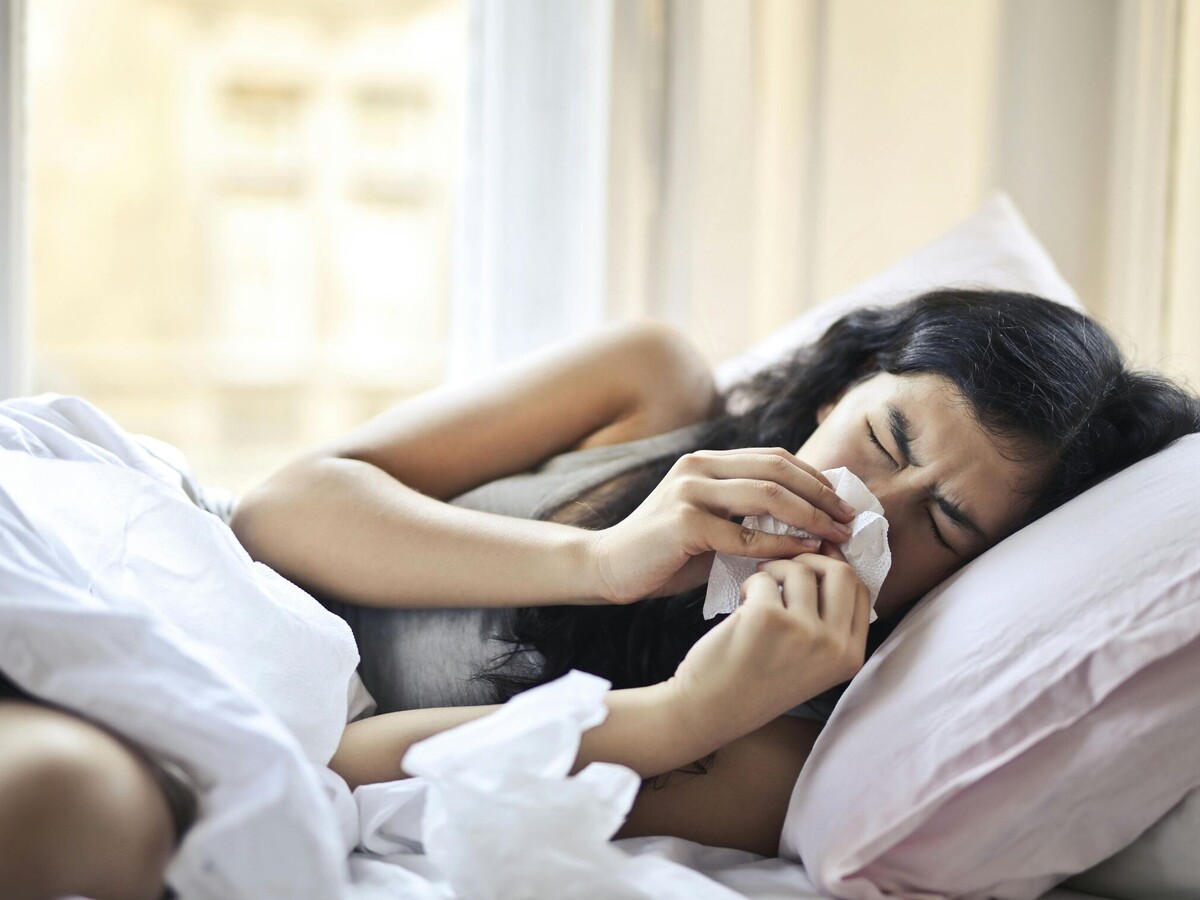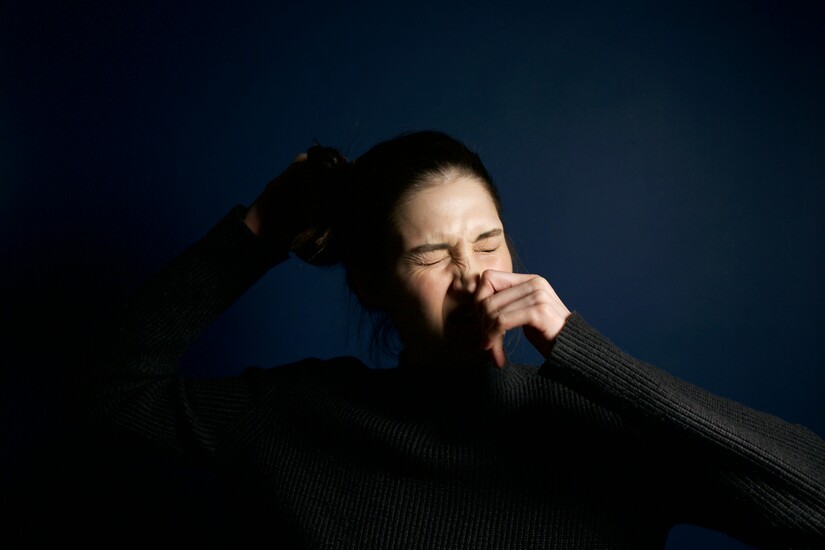Image


As the leaves change and crispness fills the air, many of us welcome the arrival of fall. However, for millions, this season also brings the unwelcome return of allergy symptoms. While we often associate allergies with spring, autumn presents its own set of challenges—especially here in Georgia. Knowing your triggers and how to minimize your symptoms can make a real difference in your comfort and health.
Warmer weather patterns have extended the growing seasons for many plant species in Georgia making pollen linger longer in the air. Ragweed is the main culprit this time of year—a single plant can produce up to one billion grains of pollen, spreading widely and keeping allergy sufferers on their toes into fall.
It can be difficult to distinguish between allergies and illnesses such as a cold, the flu, or even COVID-19. Allergies typically cause symptoms like sneezing, itchy eyes, nose, and throat, along with a clear runny nose, but not a fever. You should contact your healthcare provider if you experience a fever, body aches, or a severe cough, as these symptoms may indicate a viral infection rather than allergies.
Prevention and Treatment Strategies
Prevention makes a significant difference for allergy sufferers. Avoiding exposure when possible and cleaning up promptly after being outside can reduce symptoms substantially. Consider these practical steps:
- Wear a mask when outdoors for extended periods, especially when pollen counts are high.
- Change clothes and shower after being outside to remove pollen from your skin and hair.
- Keep windows and doors closed at home and in your car.
- Wash hands often and avoid touching your face.
- Monitor local pollen counts and plan outdoor activities for lower-count days.
 Allergies can cause the same symptoms as the cold and flu (Photograph courtesy of Brandon Nickerson on pexels.com)
Allergies can cause the same symptoms as the cold and flu (Photograph courtesy of Brandon Nickerson on pexels.com)These small lifestyle adjustments can help you breathe easier all season.
If symptoms persist, effective treatments are widely available. Over-the-counter non-sedating antihistamines reduce inflammation and relieve itching in the eyes and throat with minimal drowsiness.
Allergy eye drops can also ease irritation. It's important to know that while Benadryl (diphenhydramine) is effective for some, its sedating effects mean it should not be used if you need to stay alert—like when driving or working. Importantly, it should not be given to children under two years old because of the risk for serious side effects.
Children don’t always communicate their discomfort directly. Watch for these clues that your child might be struggling with allergies:
- Tugging at ears
- Frequent nose rubbing (the “allergic salute”)
- Trouble sleeping
While genetics can play a role in developing allergies, environmental factors are significant too. Being alert to these signs and starting appropriate management early can help children feel and perform their best at home and in school.
When to See a Doctor
Most people can manage allergies with over-the-counter medications and changes to their routine.
However, it is important to seek medical help if symptoms are severe, over-the-counter treatments are not working, or allergies are significantly affecting daily life, work, or school. Your doctor can confirm if allergies are the cause and provide additional treatment options, such as stronger prescription medications or allergy shots if needed.
Fall allergies do not have to put a damper on the season. By being aware of your triggers, staying proactive with prevention, and choosing the right treatments, you can minimize your symptoms and enjoy autumn to its fullest.